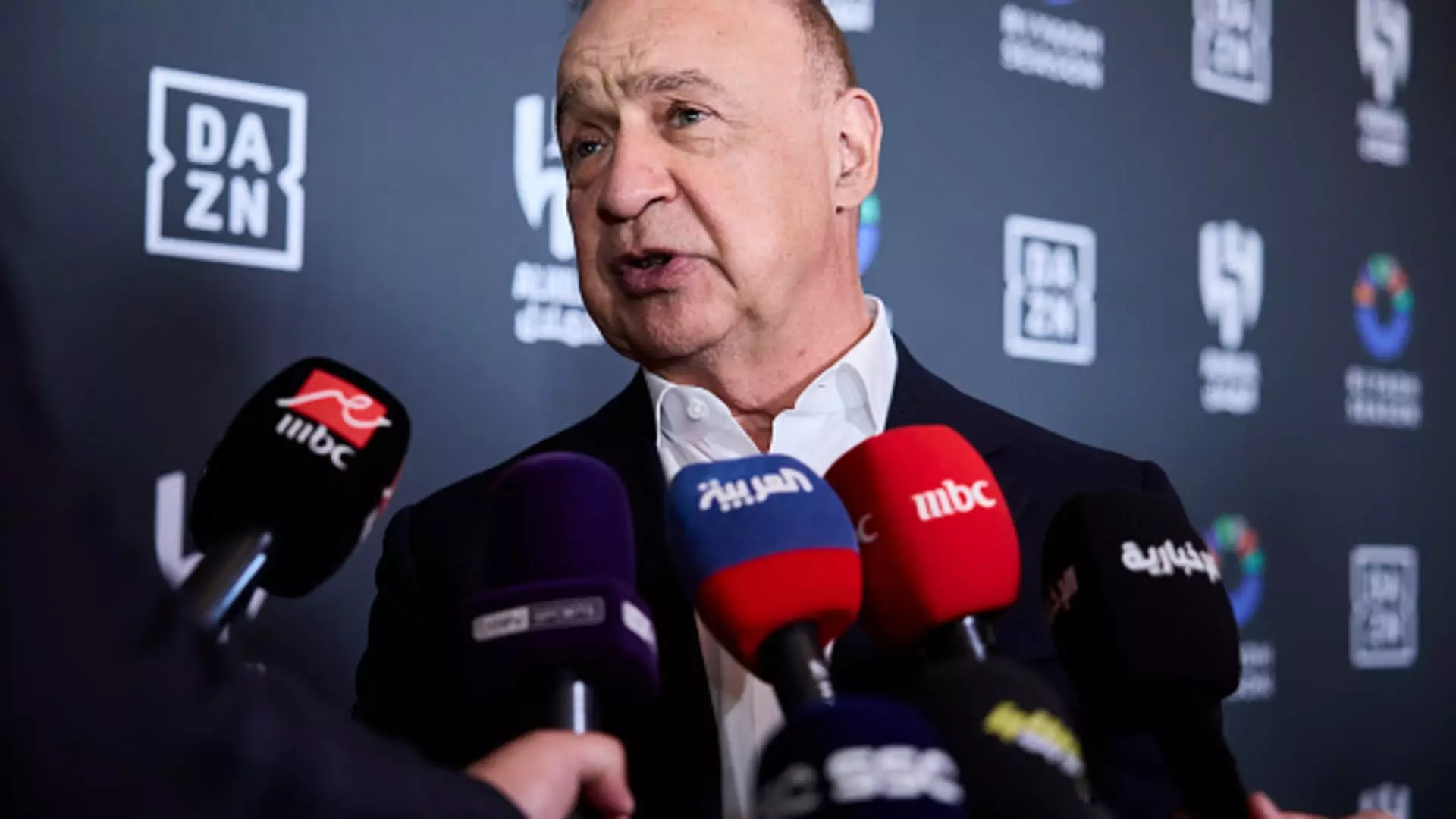In a financial landscape often rife with opportunity, the recent news about the substantial drop in deal-making among ultra-wealthy private investment firms sends a clear signal: the mood is glum, and capital is growing increasingly cautious. March showed a staggering 45% decline in direct investments by single-family offices compared to the same month last year. This dramatic retreat seems to stem from escalating concerns about President Trump’s sweeping tariffs, which loom like dark clouds over the investment horizon. The stakes have never been higher, and the wealthiest investors appear to be treading with extreme caution.
This slowdown in bold financial maneuvers aligns closely with overarching economic fears and global uncertainties. The recent figures reflect not only a pause for breath but an unspoken acknowledgment that political upheaval—exacerbated by trade tensions—is dramatically reshaping the investment landscape. It’s disconcerting for a digital age where rapid-fire transactions had become the norm. Now, nearly every move requires meticulous thought, risk analysis, and a second glance at vulnerable portfolio sections.
Guarded Responses to Tariff Threats
The imposed tariffs represent more than just a shifting economic policy; they signal a fundamental realignment of the global investment structure. The outlined 10% baselines on imports—not to mention the euphoric highs of up to 46% for specific nations—represent a Pandora’s box of problems that many wealthy families are understandably wary to engage with. Caution seems to be the favored investment strategy as family offices find themselves reassessing the health of their portfolio companies under the impending weight of escalating tariffs.
Vicki Odette, a partner at Haynes Boone, emphasizes how this uncertainty weighs heavily on decision-makers. Investors are standing at a crossroads, torn between the potential rewards of seizing opportunities in a disrupted market and the sobering reality that the tariff-imposed operational risks could severely impact their returns. The notion of delayed distributions—or the lack of viable exit strategies—compounds this fear. How long can wealth thrive in an environment characterized by unpredictability? The question lingers unsettlingly in the minds of even the most seasoned investors.
A Glimmer of Hope Amidst the Gloom
While the retreat from high-risk investments might seem debilitating, hints of resilience emerge within the narrative. Some family offices are not at a standstill. More notably, recent interest in private credit funds reflects a notable pivot towards more secure, short-term loans, indicating that wealth is in fact being put to work—albeit in safer, more predictable avenues. Perhaps this prevalence of caution underscores a broader philosophy amid uncertainty: adapting to change and embracing calculated risks rather than retreating entirely.
Interestingly, some investment firms have managed to secure noteworthy deals despite a general backdrop of stagnation. The acquisition of Nord Anglia Education by Dubai Holding highlights this contrasting reality where institutional investors continue to navigate treacherous waters. While one faction of investors retreats into the safety of conservative holdings, another section embraces the potential in high-stakes deals, albeit with an understanding of the inherent risks involved.
Global Investing on Shaky Ground
The impact of tariffs reaches beyond domestic investors, echoing in the minds of those overseas who have frequently eyed investments in the U.S. and Europe. Middle Eastern families, for instance, are scratching their heads, grappling with the possible repercussions of American policy decisions on a global scale. Will the emerging complexities reshape the future of international investment? There’s a palpable anxiety reverberating through the investment community that suggests a cooling period may be on the horizon.
While the wealthiest may feel insulated from the turbulence that typically assails the broader public, the reality is that their fortunes hinge on variables beyond their control. Understanding that their financial ecosystems operate within a web of geopolitical tensions may well instill a sense of unease. This interdependence reinforces the idea that investment aversion—however prudent—often comes with unintended consequences that can ripple through economies and communities.
The financial world now stands at a pivotal juncture, where the balance between risk and reward seems precariously tilted towards caution. The fallout from political rhetoric has shaken even the most assured investors, leaving us to ponder: just how alarmingly interconnected are our lives and fortunes in this high-stakes game of investment and power?


Leave a Reply